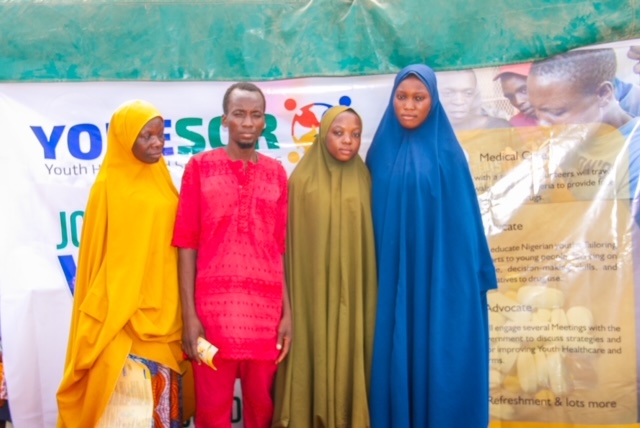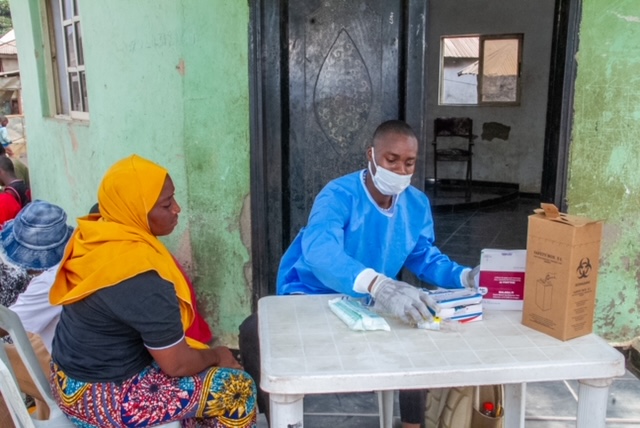WHISPERS IN THE WIND: YOUTH AND DEPRESSION
In the bustling city of Lumos, where skyscrapers reached for the clouds and neon lights painted the night with vibrant hues, there lived a teenager named Luna. With a smile that could light up the darkest corners and a heart as resilient as a diamond, Luna navigated the maze of high school with grace and determination.
However, behind Luna’s infectious laughter and cheerful facade, a storm raged within. The weight of expectations – from her parents, teachers, and peers – bore down on her like a heavy cloak. Each night, as the city fell into slumber, Luna found herself tossing and turning, her mind a whirlwind of doubts and fears: depression and anxiety.
One fateful day, Luna’s English teacher, Ms. Harper, introduced a new topic in class – mental health awareness. As Luna listened to the discussion on anxiety, depression, and seeking help, something stirred within her. For the first time, she realized that the shadows that haunted her were not hers to bear alone. In the following weeks, Luna embarked on a journey of self-discovery and healing. With the support of her school counselor, Dr. Patel, and the newfound friends she made in a peer support group, Luna learned to speak her truth, to unravel the knots of emotions that tied her down.
As the days turned into weeks and the weeks into months, Luna’s transformation was nothing short of miraculous. The whispers of self-doubt that once haunted her were drowned out by the chorus of her own inner strength and resilience. She painted her pain onto canvases, wrote poetry that bared her soul, and shared her story with others who needed to hear that they were not alone.
On a warm summer evening, under the blanket of a starlit sky, Luna stood atop the highest rooftop in Lumos, surrounded by her friends and well-wishers. With tears of gratitude and joy in her eyes, she spoke of her journey from darkness to light, from silence to song and as the wind carried her words far and wide, Luna knew that her story was not just hers – it belonged to every young person battling their inner demons, every soul yearning to be heard and understood.
Importance of Mental Health Awareness Among Youth
In recent years, mental health awareness has gained significant traction globally, shedding light on the importance of addressing and supporting mental well-being. Among various demographics, youth stand out as a particularly crucial group requiring attention and support in this regard. The formative years of adolescence and early adulthood present unique challenges and vulnerabilities that necessitate a proactive approach to mental health care.
The prevalence of mental health issues among youth is a growing concern. Factors such as academic pressure, toxic environment, social media influence, family dynamics, environmental factors and societal expectations contribute to the psychological burden carried by many young individuals. Depression, anxiety, eating disorders, and substance abuse are among the commonly reported conditions affecting youth mental health.
Recognizing the impact of unattended and untreated mental health issues on the overall well-being and future prospects of young people, it becomes imperative to prioritize mental health awareness and support mechanisms tailored to the youth demographic. By fostering a culture of openness, destigmatizing mental health conversations, and providing accessible resources, we can empower young individuals to seek help when needed and prioritize self-care practices. Educational institutions play a vital role in promoting mental health awareness among youth. By integrating mental health education into school curricula, providing counseling services, and organizing awareness campaigns, schools can create a supportive environment that encourages early intervention and destigmatizes seeking help for mental health concerns.
Mental Health, Youth and the Society
Furthermore, parents, caregivers, and community members also play a crucial role in nurturing the mental well-being of young individuals. As they navigate the challenges of adolescence and early adulthood, adults can contribute significantly to the cultivation of resilient and mentally healthy youth by actively engaging and supporting younger adults and teens in their mental health journey, creating a nurturing and empowering environment that promotes resilience, self-awareness, and emotional well-being. Some effective ways adults can assist younger individuals in avoiding and coping with mental health issues include:
- Open Communication: By creating a safe and non-judgmental space for young individuals to express their thoughts and feelings. Encourage open dialogue about emotions, stressors, and mental health concerns and general issues;
- Normalize Conversations About Mental Health: Break the stigma surrounding mental health by openly discussing it within the family, community, and social circles. Normalize seeking help for mental health issues;
- Being a Supportive Listener: Actively listen to young individuals without judgement. Allow them to share their struggles and concerns, and validate their emotions;
- Educate Yourself: Being informed enables you to provide better assistance. Learn about common mental health issues affecting youth, warning signs to watch for, and resources available for support.;
- Encourage Healthy Coping Mechanisms: Promote healthy ways of coping with stress and emotions within work spaces, school etc, by inculcating activities such as exercise, creative outlets, mindfulness practices, and seeking professional help when needed;
- Model Healthy Behaviors: Be a positive role model by demonstrating self-care practices, stress management techniques, and seeking help when facing challenges. Young individuals learn by observing adult behavior;
- Provide Resources: Familiarize yourself with mental health resources available in your community, such as counseling services, helplines, support groups, and online resources. Connect young individuals to appropriate support networks;
- Encourage Professional Help: If you notice warning signs of mental health issues in a young person, encourage them to seek help from a mental health professional. Offer to accompany them to appointments if need be;
- Promote Balanced Lifestyles: Encourage a balance between academics, social life, extracurricular activities, and self-care. Help young individuals set realistic goals and priorities to prevent burnout and overwhelm;
- Monitor Changes in Behavior: Stay attentive to changes in behavior, mood swings, social withdrawal, sudden weight changes, or signs of substance abuse. Early intervention is key in addressing mental health issues.
Conclusion:
Fostering mental health awareness among youth is not just a matter of individual well-being but a societal imperative. By prioritizing mental health education, offering accessible support services, and creating a culture that values emotional wellness, we can equip young individuals with the tools and resources they need to navigate life’s challenges resiliently and thrive. Your guidance and support can make a significant difference in the mental health outcomes of the young individuals around you.
Remember, your mental health matters, and seeking help is a sign of strength, not weakness.
Stay well.
Recent Posts
- PRESS RELEASE YOHESOR Meets with NOA DG to Strengthen Collaboration on Youth Civic Engagement
- Ministry of Education Visits YOHESOR Office A Proud Moment for Us
- ICPC Partners with YOHESOR to Champion Values and Integrity Among Nigerian Youths
- YOHESOR Upcycling Contest FAQs & Application Guide
- Stay Safe, Stay Aware: What You Need to Know About Date Rape Drugs
Recent Comments



We are an independent, non-partisan, non-governmental organization dedicated to rigorous research and advocacy on youth health issues in Sub-Saharan Africa. Our commitment is to examine public policies, support processes, and disseminate best practices.
- Donate the amount you like
- Stay tuned about cause





Leave a Reply